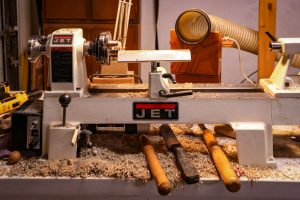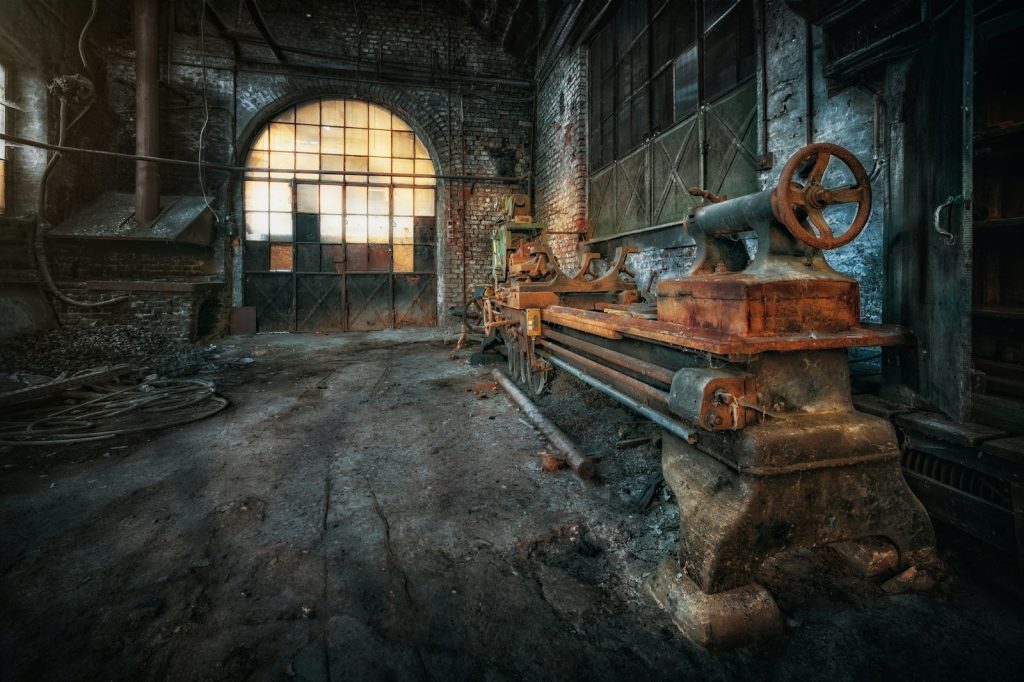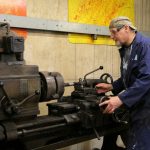The Importance of CNC Lathe Machines in Modern Manufacturing

The Importance of CNC Lathe Machines in Manufacturing
CNC (Computer Numerical Control) lathe machines have transformed the manufacturing landscape, playing a pivotal role in producing everything from automotive components to medical devices. With their precision, efficiency, and versatility, these machines have become the backbone of various production processes. But what happens when a CNC lathe machine is unavailable? In this article, we’ll delve into the significance of CNC lathe machines, the consequences of their absence, and strategies businesses can adopt to minimize disruptions.
Why CNC Lathe Machines Are Essential
CNC lathe machines are integral to manufacturing parts that require cylindrical shapes or precise finishing. Their many advantages include:
- Precision: CNC lathes manufacture parts to exact specifications, significantly reducing errors.
- Efficiency: Operating 24/7 with minimal human intervention allows for consistent and reliable production.
- Versatility: Capable of working with a variety of materials, including metals, plastics, and composites.
- Automation: CNC programming eliminates the need for manual adjustments, enhancing both speed and accuracy.
- Cost-Effectiveness: The efficiency of CNC lathes leads to reduced waste and lower operational costs over time, making them a smart long-term investment.
Consequences of a CNC Lathe Machine’s Unavailability
When a CNC lathe machine is out of commission, the repercussions on production can be profound:
- Downtime: Production halts without a functioning CNC lathe, resulting in costly delays.
- Loss of Precision: Manual machining often lacks the precision of CNC, increasing the risk of defects in products.
- Rising Costs: Alternative methods for producing parts can lead to higher operational expenses.
- Missed Deadlines: Key equipment unavailability can delay orders, potentially leading to dissatisfied customers.
Strategies to Mitigate Impact
To avoid or minimize downtime, companies can implement proactive measures:
- Routine Maintenance: Regular maintenance of CNC lathe machines can help prevent unexpected breakdowns.
- Backup Machines: Investing in backup CNC lathe machines ensures that production can continue when one machine is offline.
- Skilled Technicians: Having qualified technicians readily available for quick repairs can significantly reduce downtime.
- Supply Chain Collaboration: Partnering with suppliers who can quickly deliver spare parts or temporary replacements keeps operations running smoothly.
Conclusion
The unavailability of a CNC lathe machine can severely disrupt production, resulting in delays and increased costs. However, businesses can minimize these negative impacts with proper maintenance, backup systems, and rapid response teams. As essential components in today’s manufacturing landscape, ensuring the availability of CNC lathe machines should be a top priority for any operation.

